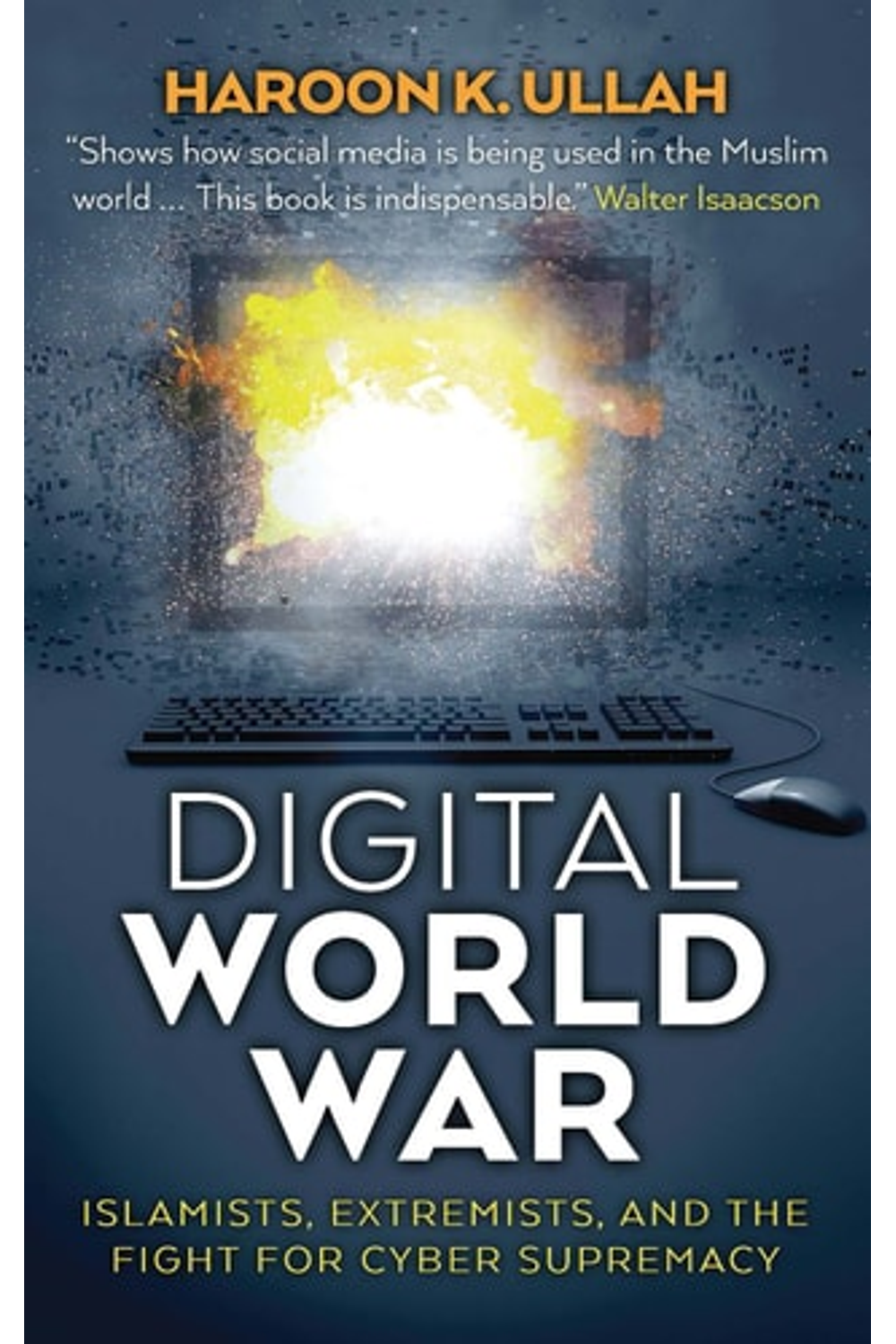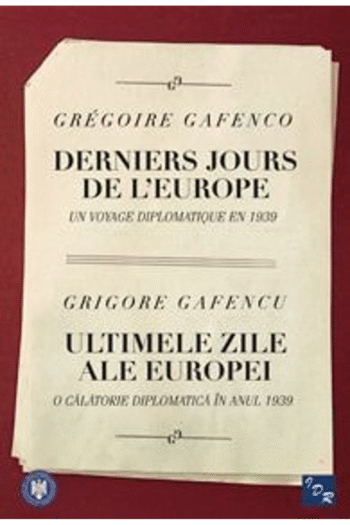Uncover the hidden battlegrounds of the 21st century in Haroon K. Ullah’s “Digital World War: Islamists, Extremists, and the Fight for Cyber Supremacy.” More than just a book about social media, this illustrated hardcover (Yale University Press, 2017) dissects the *weaponization* of online platforms across the Muslim world. Ullah, a former State Department advisor on countering violent extremism, moves beyond superficial headlines to expose how extremist groups, political actors, and even governments exploit digital tools from the dark web to sophisticated propaganda campaigns to achieve dominance. Gain a critical understanding of how online narratives are shaped, elections influenced, and societies polarized in this gripping exploration of cyber warfare. Perfect for understanding the geopolitical impacts of our hyper-connected age.
Digital World War: Islamists, Extremists, and the Fight for Cyber Supremacy
19.17 $
In stock
A seasoned diplomat with deep knowledge of Islamist politics and digital innovation draws the first clear picture of the unprecedented impact of online networks
Social media has dominated the discourse of recent events in the Muslim worldfrom the Arab Spring and its aftermath to ISISs online recruitment. Yet the roles of social media in these events and the use of the dark web, hacking, and digital attacks have received little attention.
Haroon Ullah investigates the unprecedented impact of social media across the Middle East, North Africa, and South and Southeast Asia and demonstrates how it has profoundly changed relationships between regimes and peoples, and within populationsmostly, but not always, for the better. He considers its apparent inherently democratic, anti-establishment revolutionary impact, as well as how religious conservatives and extremists have co-opted various platforms. He goes on to show how political parties, corporations, and governments have learned to exploit digital tools to target and mobilize audiences, to ultimately achieve power and status. Identifying key trends across the Muslim world, Ullah outlines what a proper understanding of social media can teach us about regional and international politics and diplomacy.
| Authors | |
|---|---|
| Binding | |
| Condition | |
| ISBN-10 | 0300231105 |
| ISBN-13 | 9780300231106 |
| Language | |
| Pages | 336 |
| Publisher | |
| Year published | |
| Weight | 522 |
| Edition | Illustrated |
| Dewey decimal | 324.091767 |
Related products
Ditari I Nj Ministri T Jashtm
11.85 $
- Additional information
- Currencies
- USD – United States dollar
- EUR – Euro
- GBP – Pound sterling
- CNY – Chinese yuan
- BRL – Brazilian real
- MXN – Mexican peso
- JPY – Japanese yen
- PHP – Philippine peso
- THB – Thai baht
- PLN – Polish złoty
- CAD – Canadian dollar
- MYR – Malaysian ringgit
- AUD – Australian dollar
- TWD – New Taiwan dollar
- CZK – Czech koruna
- SEK – Swedish krona
- HUF – Hungarian forint
- ILS – Israeli new shekel
- CHF – Swiss franc
- HKD – Hong Kong dollar
- DKK – Danish krone
- SGD – Singapore dollar
- NOK – Norwegian krone
- NZD – New Zealand dollar





